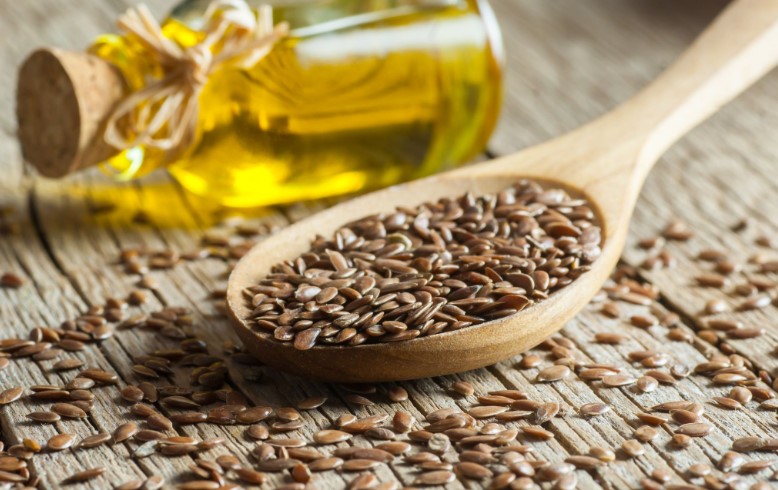ALA (alpha-linolenic acid) is a substance found in Flaxseeds and is an excellent source of soluble fiber. These fatty acids are heart healthy and can help control cholesterol levels. In addition, a daily serving of flaxseed meal has a significant amount of EPA and DHA, which are good sources of omega-3 fatty acids. This makes them an excellent choice for anyone looking to improve their cholesterol levels and manage their weight.
When it comes to the potential health benefits of flaxseed, the scientific evidence is thin and contradictory. Despite widespread belief that the tiny seed may help reduce your risk of heart disease, cancer, stroke, and diabetes, some studies have found flaxseed provides little or no health benefit. Despite its popularity in food products like milk, muffins and cookies, it should be noted rigorous scientific research on the effects of flaxseed on human health are limited. This humble seed has taken on an almost mythical authority in the world of natural healing. But whether you want to call it magical ore superfood — there’s no doubt we’re talking about one interesting seed.

Flaxseeds reduce cholesterol levels
Studies have shown that flaxseeds can lower cholesterol levels by 10 to 20 percent when taken for three months. This is similar to the effects of cholesterol-lowering medications. However, some men may prefer to eat flaxseeds rather than pharmaceuticals. Studies show that 17 percent of the U.S. population suffers from high cholesterol levels, a condition in which fat-like substances build up in the body and lead to heart disease.
Flaxseeds contain soluble fiber
Soluble fiber is an essential component of plant foods. Flaxseeds contain soluble fiber. In the digestive tract, soluble fiber binds to water and prevents diarrhea. In 2012, nearly one in 10 adults was diagnosed with diabetes, making it one of the most common chronic conditions. In a study of over 400 adults, flaxseeds reduced fasting blood glucose levels by up to 19%, and its consumption was linked with a lower risk of developing diabetes.
Flaxseeds are a good source of ALA
Alpha-linolenic acid, or ALA, is one of several essential fatty acids. It is a precursor to docosahexaenoic acid, eicosapentaenoic acid, and other long-chain fatty acids. Unlike these other fatty acids, alpha-linolenic acid is not synthesized by the body, and its benefits are therefore restricted to dietary intake. However, flaxseeds are an excellent source of ALA.
Flaxseeds help with weight management
Did you know that flaxseeds help with weight management? They contain a high content of fiber and are an excellent source of plant-based protein. Additionally, they are low in calories and help boost the metabolism. These three factors make flaxseeds excellent for weight management. You can enjoy a healthy shake or smoothie that contains flaxseeds or simply add them to your favorite smoothie. To make the shake, blend the flaxseeds in a blender with a bit of water and enjoy the benefits of this healthy food.
Flaxseeds improve insulin sensitivity
The World Health Organization has conducted a study of flaxseed powder supplementation. The subjects took a tablespoon of ground flaxseeds daily for a month. Their fasting blood glucose and HbA1C levels significantly decreased. While the study did not test healthy individuals, it did show that the flaxseeds improved insulin sensitivity and delayed the onset of diabetes in
individuals with impaired glucose tolerance.

Flaxseeds are a good source of potassium
Among the many nutrients found in flaxseeds, potassium is one of the best known. A single hundred-gram serving of flaxseeds contains 813 mg of potassium. However, the amount of potassium per serving should be taken into consideration. Besides being a good source of potassium, flaxseeds also contain small amounts of many vitamins and minerals. For more details, read the following information about flaxseed nutrition.
Ultimately, it’s up to you to decide whether or not flaxseed is right for you, but we believe it’s worth a try. There are plenty of foods touted as superfoods and miracle cures that never live up to the hype, but there’s no denying the impressive nutritional profile of flaxseed. While further research may be called for before it can be formally recommended, flax seems like a safe gamble. And if you can uncover the secrets of this tiny seed and the benefits it provides, you’ll have learned something about food and your body that just might surprise you.
Leave a Reply